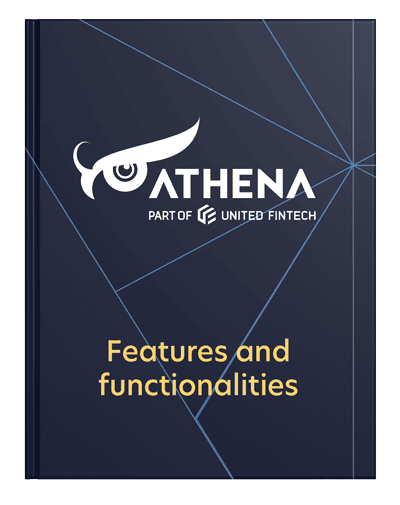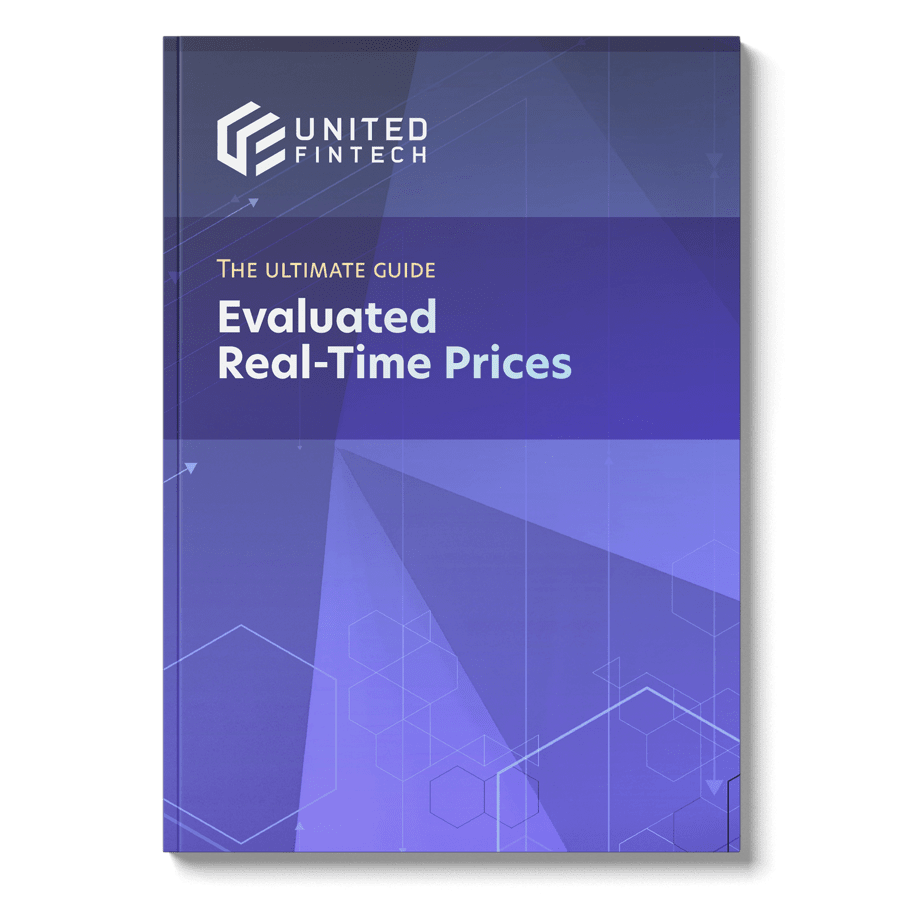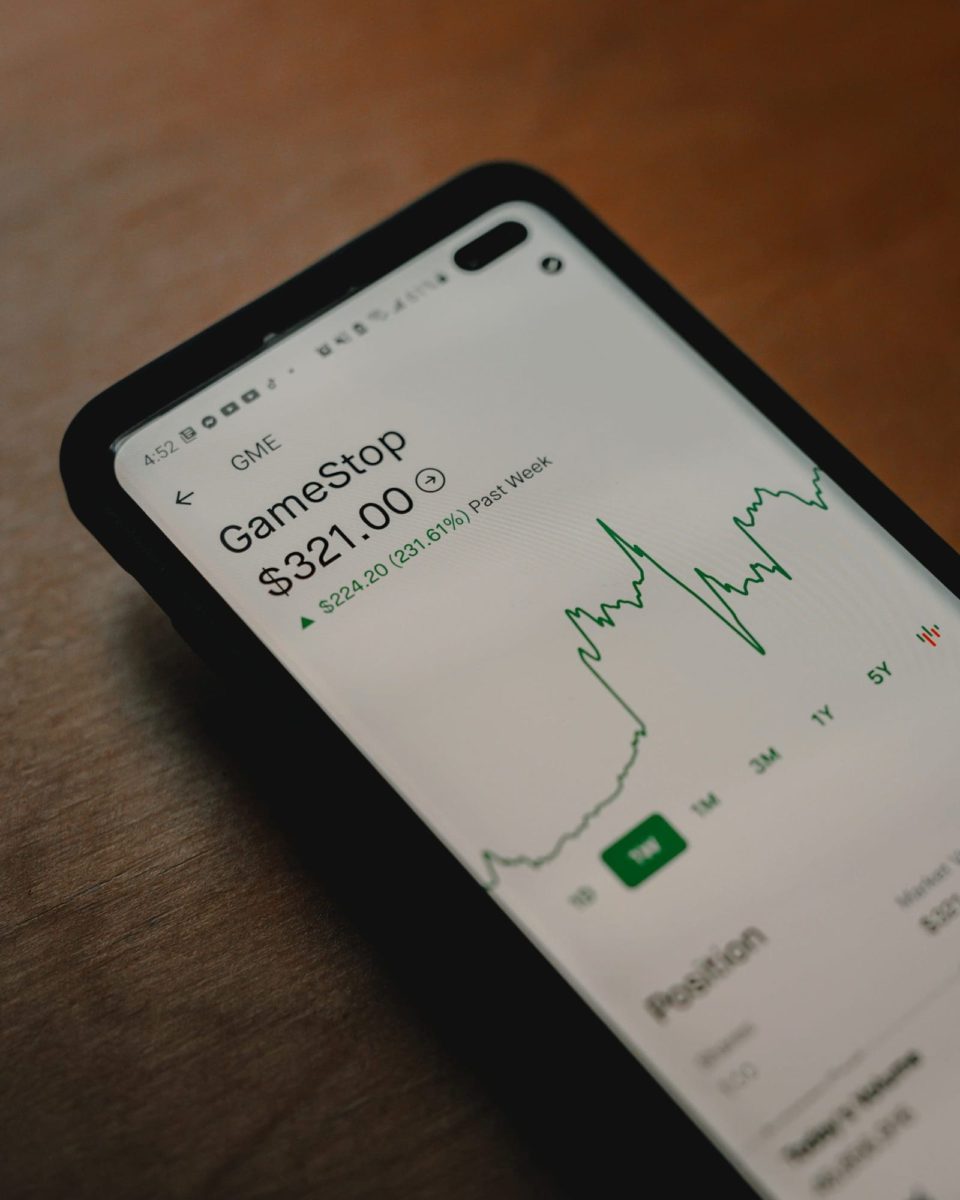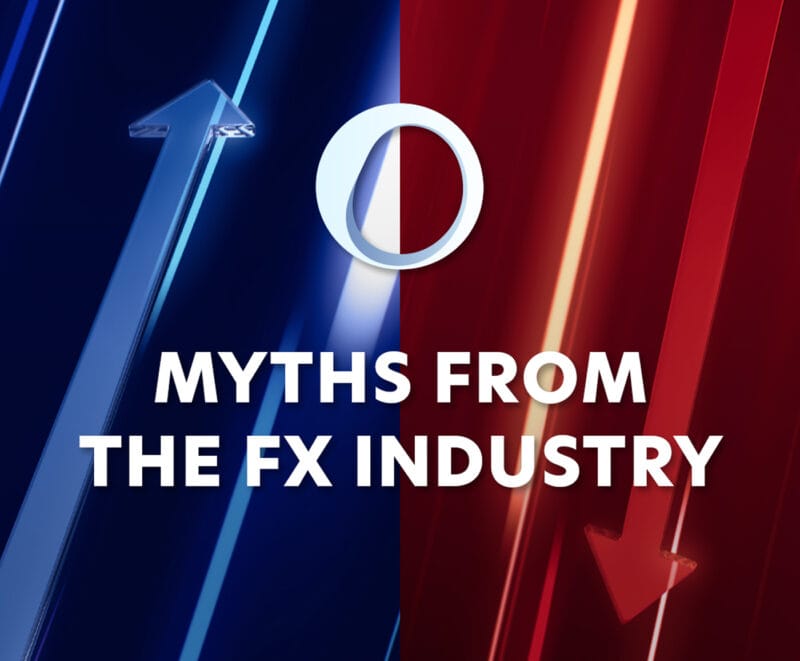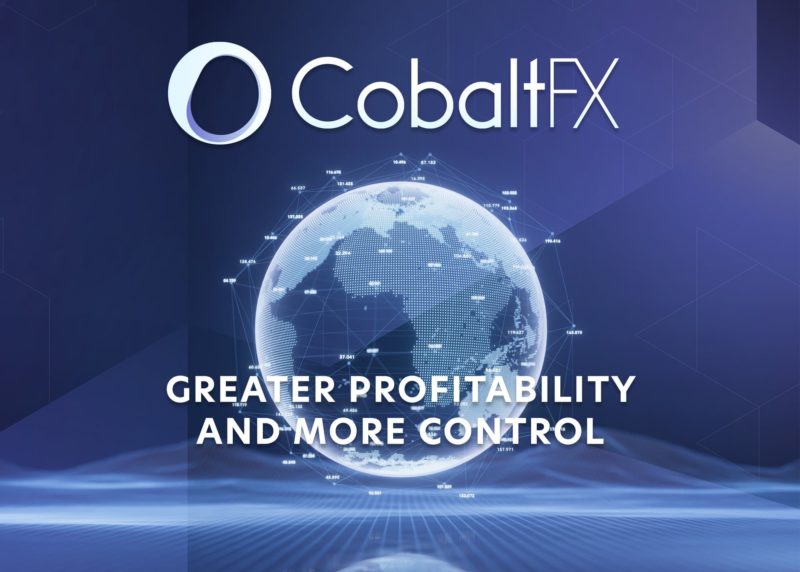In 2006, GameStop was the world’s largest video game retailer, with stocks priced around $60 a share. By August 2020, due to the general decline of physical retail and the sharp effect of the pandemic, GameStop was valued at just $3 a share.
Institutional investors, sensing a losing battle, started shorting the GameStop stocks, betting against the company’s success. Unfortunately for the GameStop shorters, amateur investors on the /wallstreetbets subreddit took notice.
In January 2021, seeing that GameStop was heavily shorted despite its share price having increased to around $17.25, Redditors executed a short squeeze, essentially driving up the price of the stock by buying it in large amounts.
Why did these reddit investors do that? Common wisdom held that GameStop, a brick-and-mortar business in an increasingly digital world, was doomed. The answer was simple: because they could.
The power of social media, combined with the rising accessibility of digital trading apps, has revolutionized the retail investor. Previously discounted due to their limited market influence, retail investors are both a source of frustration (see: all the brokerages who lost their shirts in the GameStop squeeze) as well as opportunity for financial services providers to welcome new customers.
Who are retail investors?
Retail investors, also called individual investors or amateur investors, are the non-professional counterpart to institutional investors.
One of the key differences between retail and institutional investors, aside from their average portfolio size, is that retail investors trade with their own money. Until recently, smaller investors were largely shut out of the stock market, but the recent rise of digital trading platforms with no-minimum investment accounts and low- or zero-commission options has made investing more accessible than ever.
There are two basic kinds of retail investors: those who control their own investment accounts through apps like Robinhood or TD Ameritrade and those who hire a financial advisor to make investment decisions on their behalf.
In both categories, there has been a huge increase in the last year. In the US, many people used their pandemic stimulus payments and extra time at home as an opportunity to start investing. This trend has spread globally, with technology making it easier than ever to start investing, even at low volumes.
On Robinhood, for example, the average account size is $3,500, compared to $100,000 on E-trade and $240,000 with Charles Schwab.
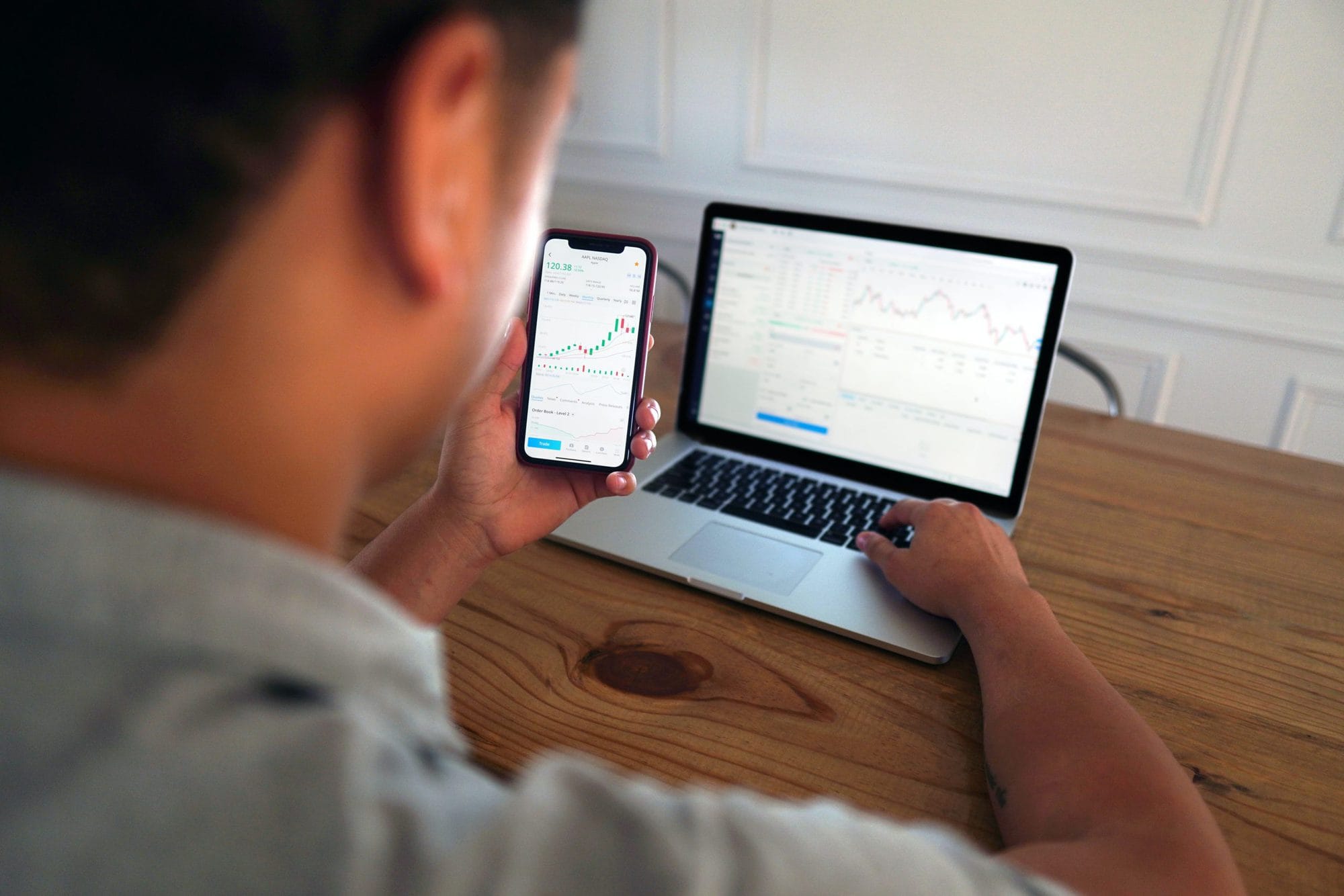
Common retail investor traits
- Young, with most investors under 35
- Majority are completely new entrants to the stock market
- Wide array of experience levels, but generally low level of institutional knowledge
- Primarily buy and sell trades in the equity and bond markets
- Invest far smaller amounts than large institutional investors
- More willing to take large risks, greater freedom to experiment
- More likely to invest based on personal affinity
- Less likely to use traditional market data
- More likely to turn to social media for research and tips
- A growing influence on global markets
Though individual retail investors lack the buying power of major institutions, collectively they hold massive amounts of capital.
In January 2021, approximately six million people downloaded trading apps in the United States, leading to record-high average daily volumes for equity and options trades within retail brokerages. At multiple times during 2021, retail investors made up a third of all US stock market trading, according to Credit Suisse.
This represents a major growth in the retail investor segment, with one Bloomberg Intelligence analyst estimating that in 2021 they accounted for 23% of all US equity trading, twice the amount of 2019, and equivalent to “all hedge funds and mutual funds combined.”
United Fintech offers a new, interactive kind of charting by NetDania. Engage clients in conversation both internally and externally with Social Charts! Learn more
However, retail investors remain an anomaly despite their widespread influence, eschewing traditional investment strategies in favor of personal preferences. These can be rooted in values-based trading, for example to support sustainable investments, or in affinity-based trading, as in the GameStop example.
This has led the Financial Times to observe that what this “army of untrained investors lacks in market knowledge, it more than makes up for in enthusiasm and impact.”
Mistakes, misinformation, and fraud
Unfortunately, as in any high-frequency money-making venture populated by “untrained” participants and driven by social influence, mistakes can happen.
Sometimes mistakes are the result of a lack of systemic knowledge. In one case, a 30-year old new investor on Robinhood was struck with a surprise tax bill of over $800,000 despite only booking $45,000 in profit, a result of his not knowing about the IRS’s wash sale rule.
Sometimes the mistakes are a result of outright fraud. The SEC recently filed charges against a trader for using Twitter to spread misinformation about a company in which he owned 41 million shares. Over the course of 120 tweets, he caused the stock’s price to rise over 4,000%, leading to a personal gain of almost one million USD.
In some cases, the mistake is purely accidental, as in the case of the people who misinterpreted a tweet by Elon Musk that said to “use Signal.” Thinking this was a reference to the medical devices company Signal Advance, investors drove share prices up by 438%, not realizing Musk was referring to the messaging app of the same name.
No more static screenshots of your charting research. Social Charts is an engagement platform where you can share chart predictions in your enterprise setup or on social media. Learn more
Trading platforms themselves can also contribute to the spread of misinformation. Earlier this year, Robinhood paid a $65 million settlement over claims that it misled its customers. According to the SEC, the company failed “to inform customers about payments it received from trading firms to route customer orders through them, a move that resulted in customers paying higher prices to execute trades…[depriving] customers of $34.1 million even after taking into account the savings from not paying a commission.”
Retail investors represent a potentially vulnerable group, as the ability to make high-risk trades can often outpace the ability to research and understand the implications of those investments.
As a group, influenced by counter-narratives and dubious tips, retail investors can impact the market in unexpected ways.
Social investing as education
To combat misinformation while attempting to appeal to capture new customers, many financial institutions are now looking at ways to promote financial literacy through education and coaching. And, recognizing that the excitement of retail investing is largely due to the community behind it, some apps are building their own social tools to try to lure the conversation away from Reddit and Facebook.
Public, a self-described “investing social network,” provides a social feed where traders can share their investments and portfolios. Another financial services app, SoFi, is built around the idea of social trading, with tools to help their members see what others are doing on the platform, discover new investment opportunities, and compare performance.
Commonstock, described as a “community for knowledge,” doesn’t actually facilitate (or expressly encourage) active trading. Instead, its feeds are designed for members to “share their investment theses, industry takedowns, and more while critiquing each other.”
As retail investing continues to grow, education and engagement are the differentiators that will lure traders towards — or away from — different platforms.
“Rather than criticizing retail investors and their behavioral patterns, it is better to slot them into the money equation,” said Alain Bokobza, head of global asset allocation at Société Générale, to the Financial Times. “[We] no longer have any choice but to take on board the specific behavioral patterns of a new breed of investor.”
GameStop was just the beginning
On January 28th, GameStop shares peaked at $483, with extreme volatility. The trading frenzy caused disruptions and outages on multiple trading platforms, including Charles Schwab, TD Ameritrade, and Robinhood.
Short sellers reported losses totaling up to $6 billion, with investors questioning the future of short selling as a market strategy.
Institutional investors were furious at the influence retail investors were able to exert on the market, and retail investors were enraged when Robinhood restricted trading of GameStop and other stocks when it was unable to cover its own risk.
But what is the future of the retail investor?
Some of them undeniably got rich on the wave of GameStop. Others were not so lucky. But the media frenzy surrounding the story has invigorated an entire new generation of investors.
It seems clear that retail investors are here to stay, and as a social force the service providers who are able to meet their needs for knowledge sharing and community engagement are the ones who may just see their stock price increase.
Key takeaways
- There’s been a recent surge in retail investors due to cheaper and friendlier trading platforms
- Most of them are first-time investors who until now have not been able to invest in the stock market due to lack of funds, access, or knowledge
- These investors are largely influenced by social media and popular trends, as opposed to institutional knowledge or traditions
- Though individuals may have small portfolios, collectively they make up a huge market share
- Financial institutions wishing to benefit from the rise in retail investors should focus on education, communication, and social engagement
About United Fintech
United Fintech offers the best fintech products on one central platform. We enable banks and financial institutions to access innovative digital technologies by partnering with engineering-led fintech companies with proven capital markets products. Learn more at https://unitedfintech.com/



